California’s biggest business and labor groups consented to change a landmark regulation that has assisted workers with suing organizations like Walmart Inc., Uber Innovations Inc., and, Google for workplace infringement.
The agreement ends the state’s employers’ years-long efforts to control the Private Attorneys General Act, which they blame for the growing number of lawsuits that, according to one study, have cost businesses $10 billion over the past decade.
PAGA Law

The PAGA law, according to supporters, is an example of worker protection that has provided employees with some recourse against powerful businesses.
The agreement calls for restricting punishments owed by employers that act quickly to fix supposed infringements and giving organizations more outlets to stay away from PAGA claims in any case by amending labor code violations.
How PAGA Law Currently Works

Under the current law, an aggrieved employee must give their employer notice of the alleged labor violations, which the employer then has 65 days to cure.
If this hasn’t happened within 65 days, the aggrieved employee can file a PAGA lawsuit. This is what has cost businesses millions.
The Law Has Cost Businesses Millions

In the past, businesses have had to settle court cases with million-dollar payouts. Examples include Uber’s $20 million settlement and Google’s $27 million settlement.
The amount they are having to spend on these settlements is limiting their profits, something that businesses have complained about for years.
No Current Benefits for Workers
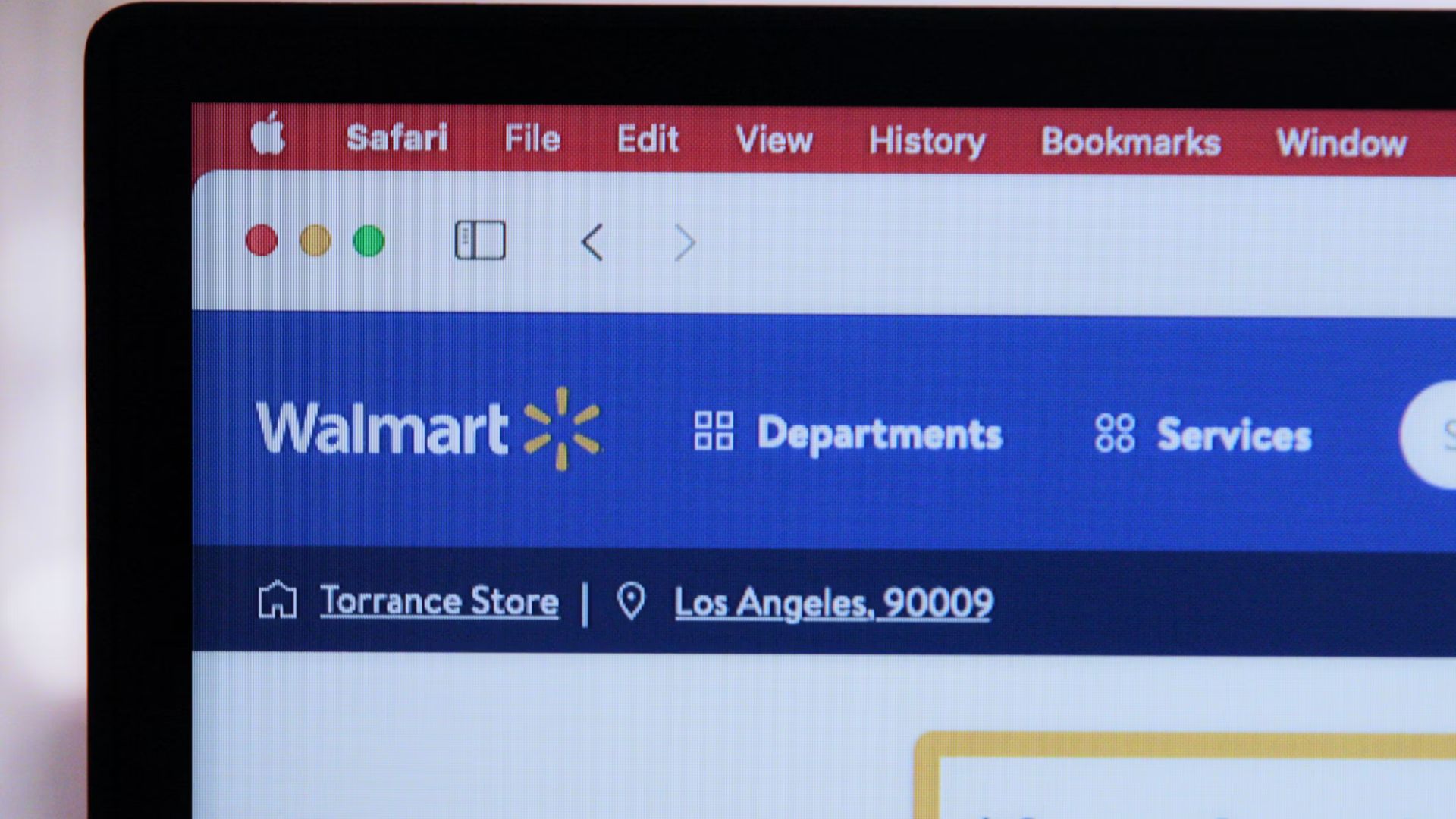
One other issue with the law as it currently stands is that there are no benefits for employees.
This is because the litigation has cost businesses billions, but these billions don’t benefit the employees in any way, shape, or form.
Newsom’s Statement

A statement released on Tuesday by the office of Governor Gavin Newsom stated that employers who acted “maliciously, fraudulently, or oppressively” would also face increased penalties.
The key provisions of the law, which give workers in California a unique right to sue their bosses in the name of the state for alleged workplace violations, are preserved in the PAGA deal.
Organizing Talks

Newsom said in the statement: “We came to the table and hammered out a deal that works for both businesses and workers, and it will bring needed improvements to this system.”
Newsom organized weeks of discussions between the California Office of Trade and the California Work League to work through the settlement.
Reduction of Possible Penalties

One of the changes being made to the PAGA law is a significant reduction in possible penalties. Under the current law, there is a penalty of $100 for every aggrieved employee per pay period for the initial violation.
However, if these new measures are implemented, the penalty will no longer be just for the initial violation. A $100 per pay period penalty will now apply for all violations that are subject to various reductions.
Clarification on Permitted Heightened Penalties
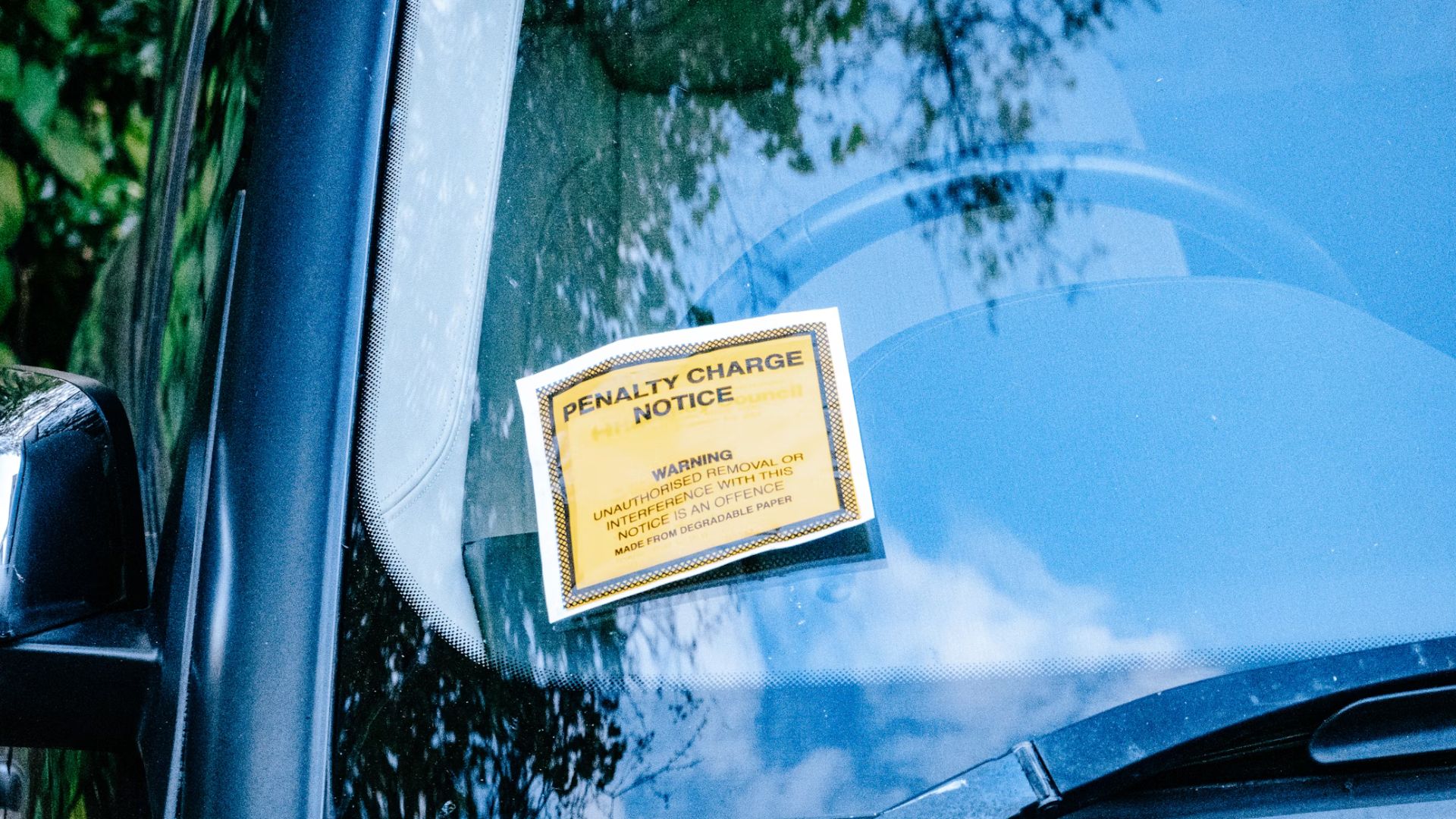
The new law will also clarify when heightened penalties are permitted. Under the current law, there is a $200 penalty per pay period for each subsequent violation. However, this can only happen if the employer has received notice from the court or agency.
The issue with this has been that the term “notice” is open to interpretation. This is where the new law comes in, as it will remove the term “subsequent” and clarify that the $200 per pay period penalty will be assessed when a court or agency has found that the violation was unlawful within five years of the alleged violation.
Experiencing All Labor Code Violations

Under the new legislation, a PAGA plaintiff will be required to have personally experienced all of the alleged labor code violations that they are seeking to pursue on behalf of the allegedly aggrieved employees so that they have any sort of standing to pursue the litigation.
There is also a one-year limitations period during which a PAGA plaintiff must personally have suffered each violation in order to have any clear standing on the matter.
Non-Profits Are Exempt

Despite this, non-profit legal aid organizations with 501(c)(3) status are exempt from these changes, and the current law will remain applicable to them.
This might cause some annoyance to these organizations, but it is unlikely with the time remaining for this legislature to be voted on that this decision will be changed.
Employees Will Share More of the Recovery

Under the current legislation, aggrieved employees have to share 25% of any recovery that they receive. This has now been increased to 35%.
Provisions have also been added to try and incentivize employers to proactively audit their practices and to quickly investigate and respond to allegations once they have received notice of a PAGA claim.
Penalties Capped Depending on Action

The penalties employers may receive will be capped based on how long it takes them to take action. If employers take action to comply with the labor code before they receive a penalty notice, their penalties will be capped at 15%.
However, if employers only start to take action after they have received a PAGA notice, their penalties will be capped at 30% of the maximum applicable penalty amount.
Evidence Can Be Limited

The new bills also give courts the ability to limit the amount of evidence that is given during the trial. It can also limit the scope of any claim to ensure the claim is effectively tried.
Courts will also be authorized to consider manageability concerns during the trial, which should help them make a fair and carefully considered decision.
Ballot Measure

A coalition of business organizations’ support for a November ballot measure that would have offered voters the chance to completely repeal the PAGA law loomed large over the discussions.
The measure will currently be taken out from the voting form, and the deal is supposed to be supported by state legislators, as per statements delivered by the governor and Democratic leaders in both houses of the legislature.
Problem for Businesses

Since it was passed in 2003, PAGA has become a major problem for businesses because it allows employees to avoid forced arbitration clauses and helps them file lawsuits on behalf of their coworkers.
PAGA cases have increased due to the prevalence of such clauses. According to a report that was commissioned by the Chamber of Commerce, there were more than 3,165 settlements in 2022, compared to only about 1,000 in 2017.
Rivals of PAGA
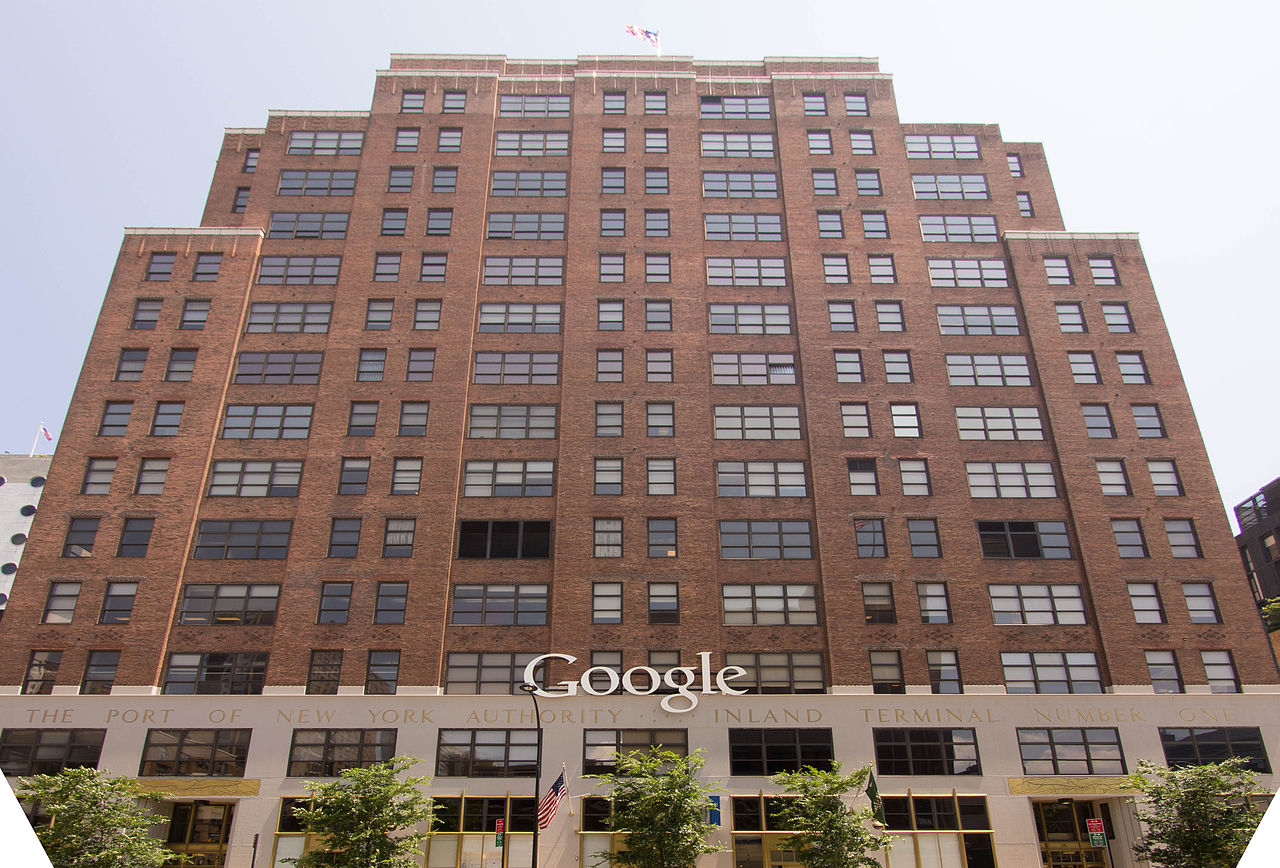
Rivals of PAGA have long contended that the law permitted a multitude of legal counselors to document claims for minor specialized violations of the state’s extensive labor code.
For example, spelling mistakes, that relate to pertinent issues like pay theft or difficult working conditions. They cited instances in which plaintiffs’ lawyers received larger settlements than their clients.
Barrera’s Insight

According to Chamber of Commerce president Jennifer Barrera, the compromise agreement will restrict “frivolous litigation that has cost employers billions without benefiting workers.”
Unions had stressed that wage theft would slip through the cracks assuming PAGA was overturned.
Commissioner Delays
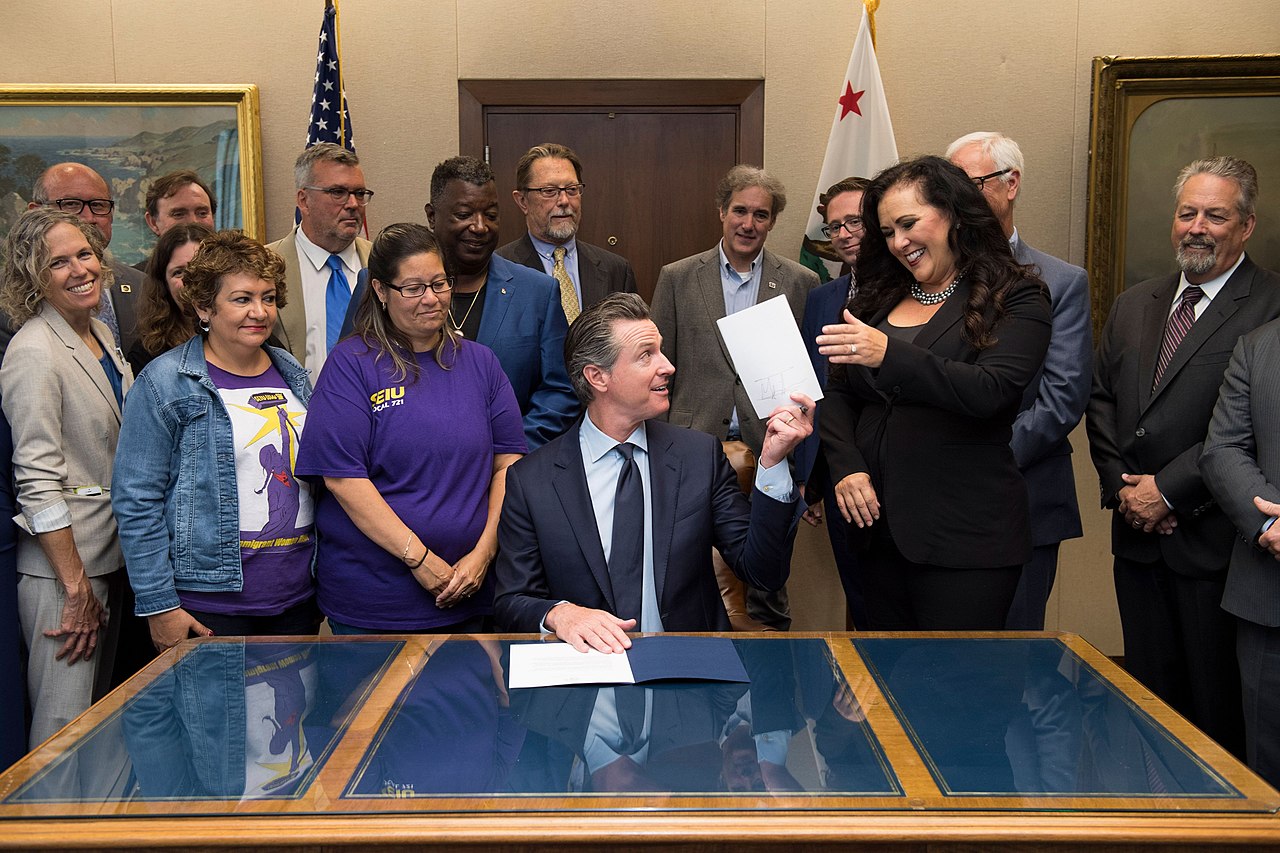
While laborers can file claims seeking unpaid compensation with the state labor commissioner, that division is understaffed and can require over two years to arrive at decisions, as per a state auditor report.
The head of the California Labor Federation, Lorena Gonzalez, stated, “We are happy to have negotiated reforms to PAGA that better ensure that abusive practices by employers are cured and that workers are made whole, quicker.”
What Happens if the Legislation Is Passed?

The new legislation is currently being debated. If it is passed, it will apply to any civil actions that have been brought on or after June 19, 2024. But there will be some exceptions.
The exact exceptions are currently unknown, but hopefully, they will become clearer to both employers and employees over time.
Sidestepping Legislature

The dealings over the law reflected an undeniably recognizable playbook in California, where organizations frequently hope to avoid the state legislature’s Democratic-based super-majority by financing funding ballot measures that would take their contentions directly to voters.
They can then utilize the possibility of an expensive ballot battle to compel talks held by the governor’s office.
Major Changes Are Unlikely

The proposed amendments have been split into two companion bills: SB 92 and AB 2279. The legislature must vote on both of these bills by June 27, 2024.
During this time period, the legislature may make some changes to these bills. However, it is unlikely that any major changes will occur, and they will likely stay at the proposed changes that are already known.
Costly Endeavor

All parties wish to avoid spending the tens of millions of dollars required to garner support or opposition for the ballot measure.
This now appears highly likely in the PAGA case, if an agreement is reached, and the legislature approves the compromise.
Additional Changes
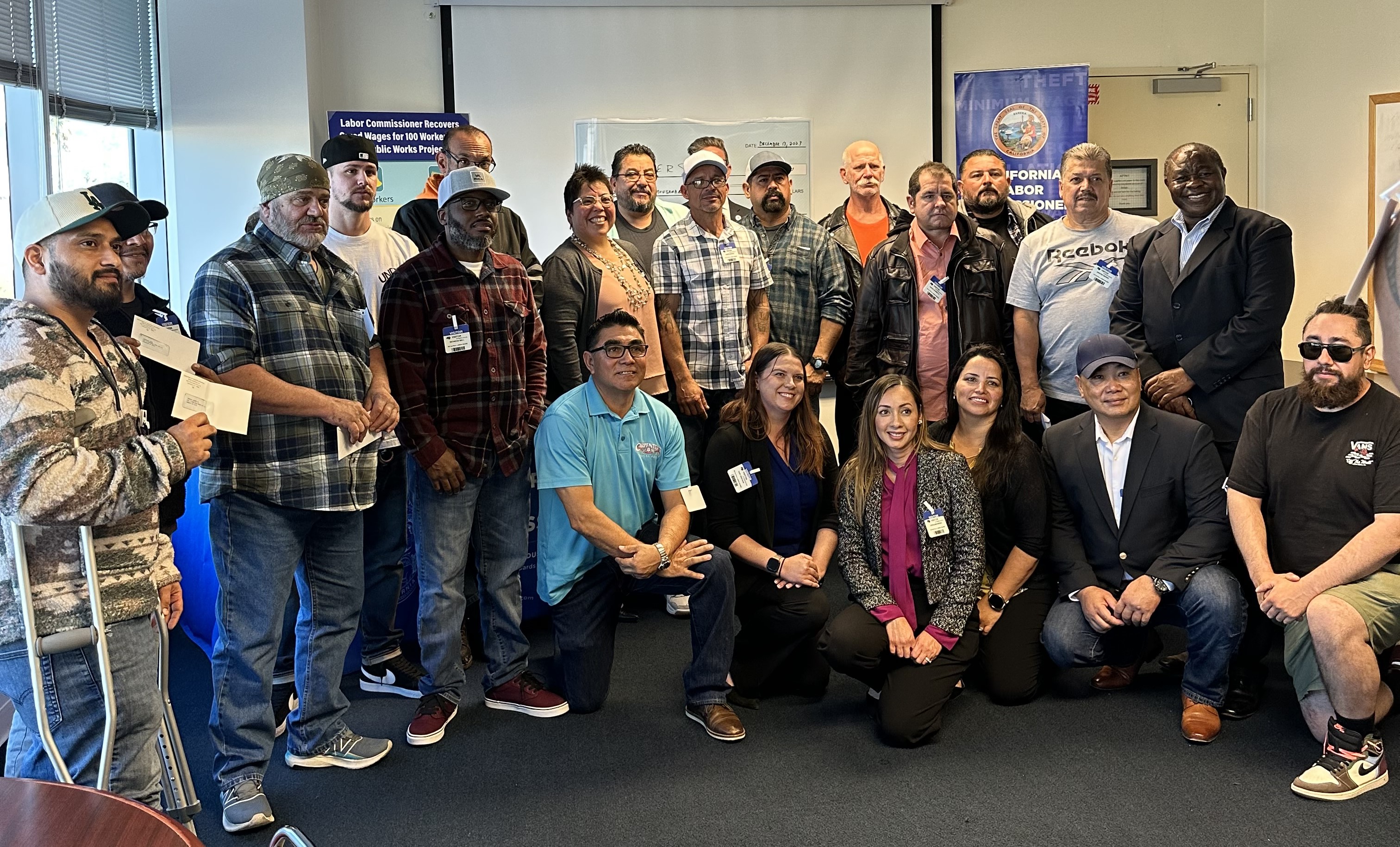
The proposed change in the legislature would also allow the Department of Industrial Relations the ability to quickly hire and fill vacant positions.
Additionally, the Courts would need to provide injunction relief to force businesses to fix labor law violations.
The proposed changes to the California labor law will face opposition from some unions who see the compromises as too difficult to accept.
